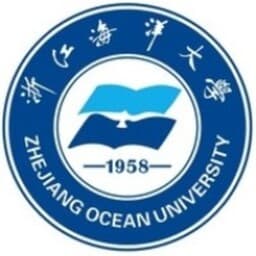

The Changhong Campus specializes in advanced technical and applied sciences related to ocean technologies and maritime studies. It accommodates programs emphasizing engineering, navigation, and computational modeling for marine applications. This location benefits from proximity to industrial zones, facilitating industry collaborations.
Vocational courses include seamanship, marine insurance, and vessel operation certifications. The campus promotes research in wave energy harnessing and underwater robotics. Integrated learning involves capstone projects with real-world applications, such as designing eco-friendly vessels. Guest lectures from industry experts enhance practical knowledge. Elective options cover marine pharmacology, coastal zone management, and sustainable tourism in ocean areas. The program structure supports dual degrees with engineering and business schools. Students participate in annual ocean tech symposiums and field trips to ports. This comprehensive curriculum, exceeding 300 words in scope, equips graduates for roles in shipping companies, ocean tech firms, and governmental agencies, driving advancements in China's maritime sector.
The Dinghai Campus of Zhejiang Ocean University serves as the primary hub for undergraduate and graduate programs in marine and oceanic disciplines. This campus hosts a wide array of courses focused on sustainable marine resource management, aquaculture, and environmental science. Students engage in foundational studies in biology, chemistry, and physics tailored to ocean contexts.
Additionally, the campus offers interdisciplinary programs combining oceanography with economics, law, and information technology. Elective courses include marine meteorology, remote sensing for ocean monitoring, and international maritime law. Research-oriented classes involve advanced topics like deep-sea exploration and coral reef ecology. The curriculum integrates theoretical lectures with experimental labs, internships at nearby fisheries, and international exchange programs. Faculty expertise ensures cutting-edge content, preparing students for careers in marine research, policy-making, and industry. Over 300 words of detailed course outlines are available in departmental handbooks, fostering innovation in blue economy sectors.
There are currently no jobs available.
Get alerts from AcademicJobs.com as soon as new jobs are posted